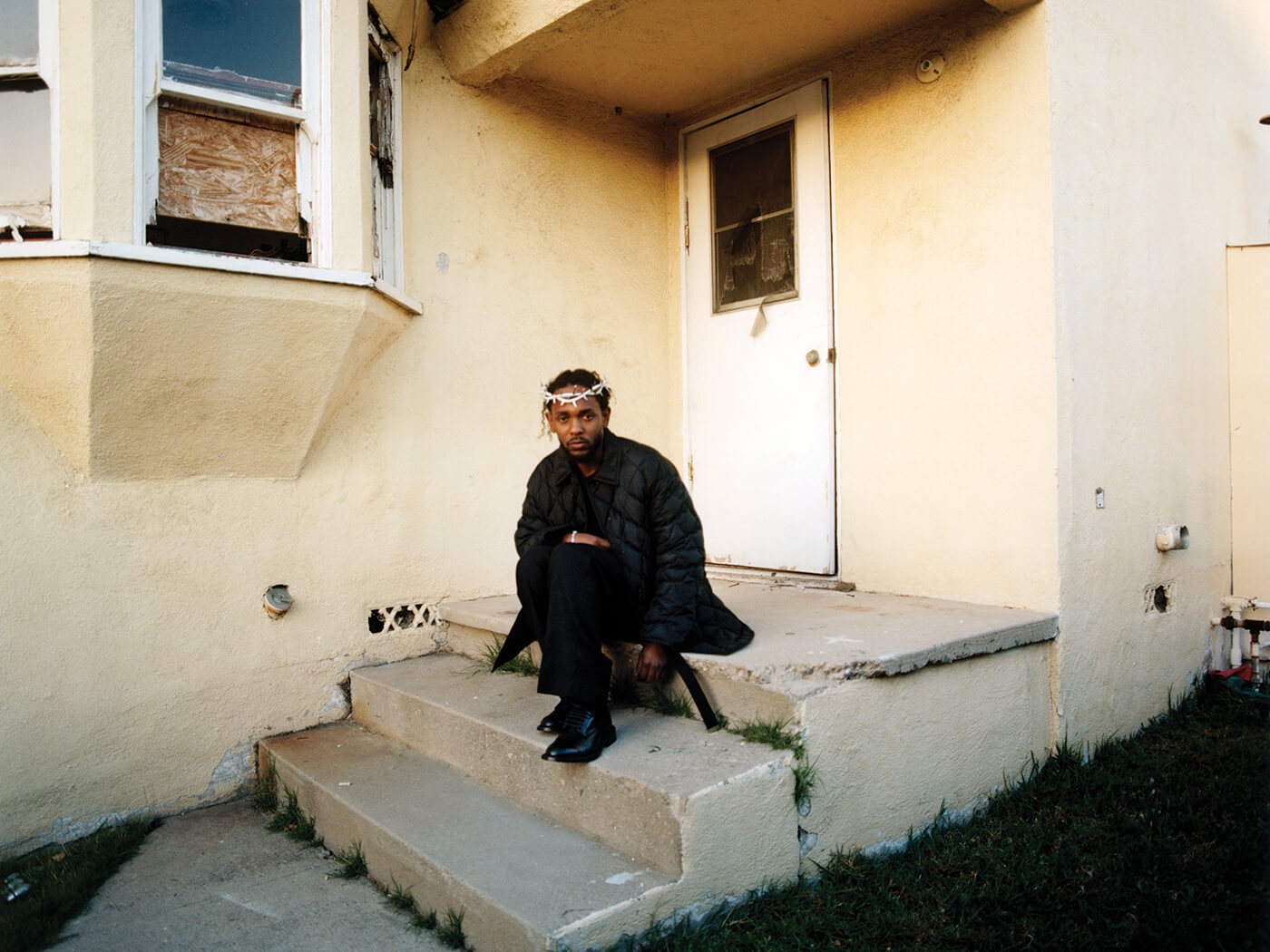Kendrick Lamar is one of the finest instrumentalists of his era, although his instrument happens to be his own voice. On previous albums but especially on his latest, Mr Morale & The Big Steppers, he raps in many modes, varying his pitching and flow on nearly every song, switching up his cadence as though changing his identity. He sounds impossibly nimble and declarative on opener “United In Grief”, even as he warns the listener, “I’ve been goin’ through something/Be afraid”. He goes low and legato on “Crown”, then spry and playful on “N95”. He uses short, choppy lines on “Count Me Out” to unsettle the listener, then delivers “Auntie Diaries” in a near whisper, as though drawing you closer to tell you a secret. The album is a remarkable series of disruptive transformations.
Lamar isn’t the only rapper who bends his flow into so many different shapes, but few others pull it off so dramatically or so eloquently, and almost no-one achieves the same emotional payoff. It heightened the tension of his 2012 breakthrough, good kid, M.A.A.D. City, and made 2015’s To Pimp A Butterfly one of the best albums of the decade, a bursting-at-the-seams concept album that positioned Lamar as an heir to Marvin Gaye, Chuck D and George Clinton, among others. He synthesises a startling range of sounds and styles, but it’s all in service to his vocals. Because he often sounds like he’s rapping to himself, externalising his internal monologue, these different deliveries reveal an artist wrestling with his demons in real time. He unleashes them (or they unleash themselves) to tell deeply intricate stories of black experiences in America and to further complicate narratives that might have become too pat, too predictable.
Mr Morale & The Big Steppers is a sprawling double album. How sprawling? The excellent, Marvin Gaye-sampling first single, “The Heart Pt 5”, doesn’t even appear on the tracklist, crowded out by a storyline with multiple framing devices, intersecting subplot and a full choir of collaborators. That means there are more Kendricks speaking to us and few of them have very many fucks to give. There is the Kendrick who has become a cultural institution, who became the only rapper and the rare pop artist to win a Pulitzer Prize, and who has already inspired several books and academic studies. He bobs and weaves with supreme vocal agility and uses Duval Timothy’s avant-garde piano chords as a foil on “Crown”. On “United In Grief”, he questions everything – sexism, commercialism and even hip-hop as a vehicle for examining those issues – over a pulsating drum line that pushes the song along at a reckless pace. It’s a bracing introduction to a thorny album.
And then there is the Kendrick who is suspicious of that kind of recognition and applause. These sections are often caustic in their antagonism. “I am not for the faint of heart”, he declares on “Worldwide Steppers”, and on “Savior” he admonishes the listener: “Kendrick made you think about it, but he is not your savior”. It can be incredibly compelling, but it can also be tiresome: Kendrick’s biggest moment comes on “We Cry Together”, as he and Zola actor Taylour Paige argue violently over a sample from Florence + The Machine’s “June”. It’s ugly, but self-consciously ugly, theatrically ugly – a humourless take on Otis Redding and Carla Thomas’s “Tramp” – and its points about toxic masculinity and black feminism parrot rather than question received wisdom.
By far the most compelling persona on Mr Morale & The Big Steppers is the Kendrick who is trying to make sense of the horrors of his own family, who raps about incest and recrimination in a sober flow. On “Auntie Diaries” he recounts the stories of two transgendered family members, and while he deadnames them and gratuitously repeats a certain homophobic slur, he does so in order to examine his relationship with them and to trace the evolution of his own thinking – from dumb schoolyard taunts to acceptance and admiration. The heart of this dense album, however, is “Mother I Sober”, about false accusations of sexual abuse that divided his family for generation. It hinges on a lovely, deeply sympathetic chorus sung by Portishead’s Beth Gibbons, as Lamar tells the story
with forensic focus. He tries to forgive those who once refused to believe him, even as he chastises himself for profiting off his own trauma (“traded in my tears for a Range Rover”).
It’s a tour de force, almost but not quite as revelatory as “DUCKWORTH”, a similar family saga off 2017’s DAMN. And the best moment is when the strings swell and Lamar’s voice changes. As his careful, stoical flow morphs into a more emphatic, even triumphant exultation, one Kendrick gives way to another Kendrick: “As I set free all you abusers,
this is transformation!”
There are so many more Kendricks on Mr Morale & The Big Steppers: some oddball versions of himself that pop up only for two lines or resist any easy understanding of their motives. And they all converge on closer “Mirror”, with its cinematic strings and stuttering beat. “My demons is off the leash for a moshpit”, he exclaims, noting the irony of working through private issues in a public form. He raps to figure it all out, to impose order on a chaotic world: “Sorry I didn’t save the world, my friend”, he raps with a hard-won clarity and perspective. “I was too busy buildin’ mine again”.

